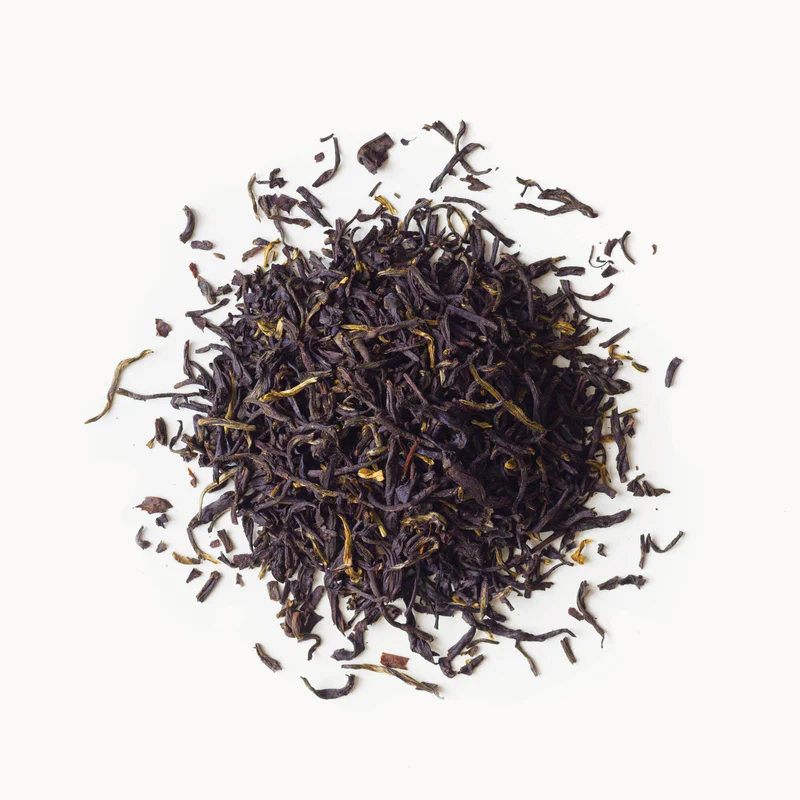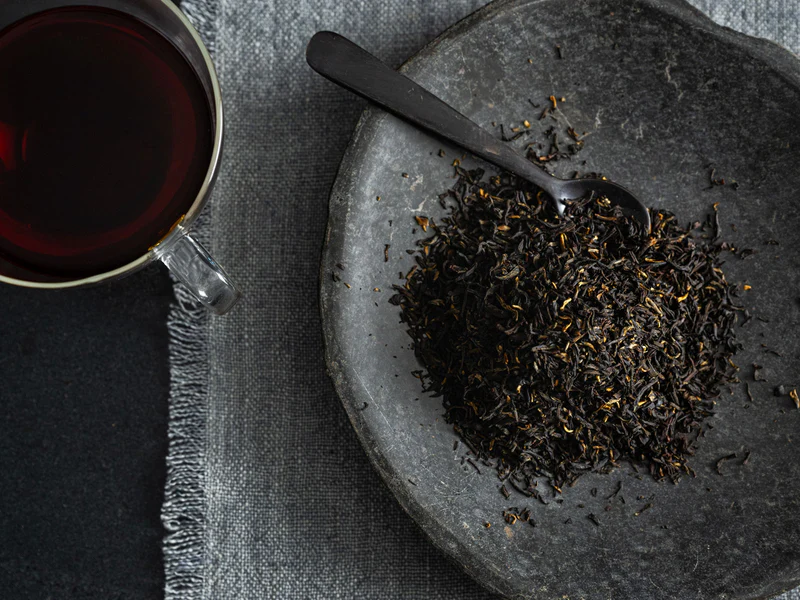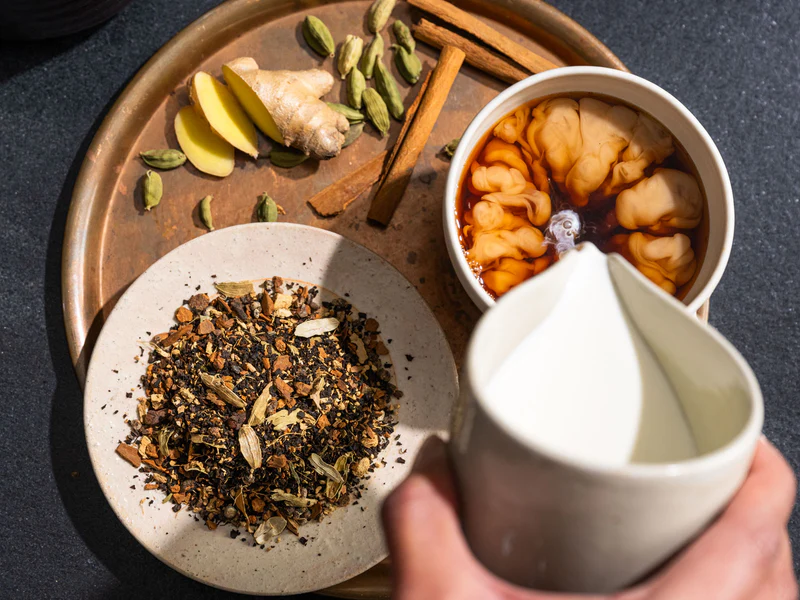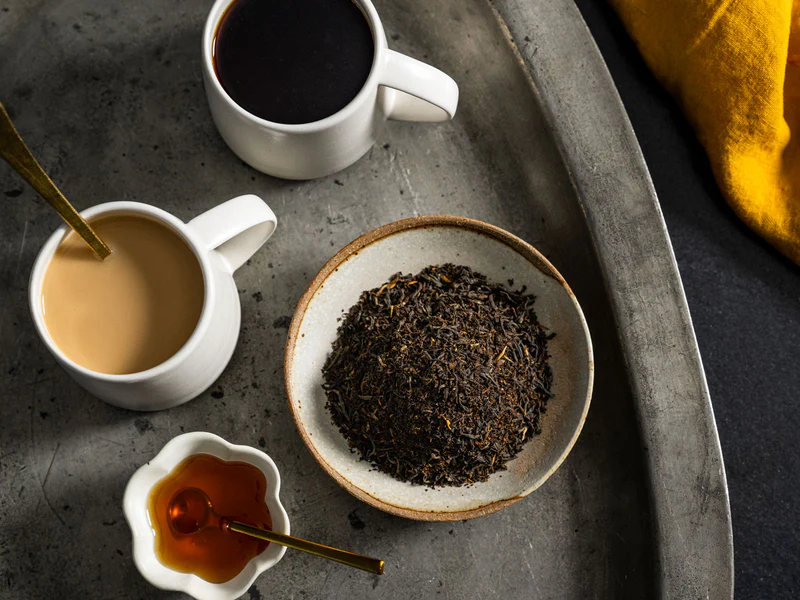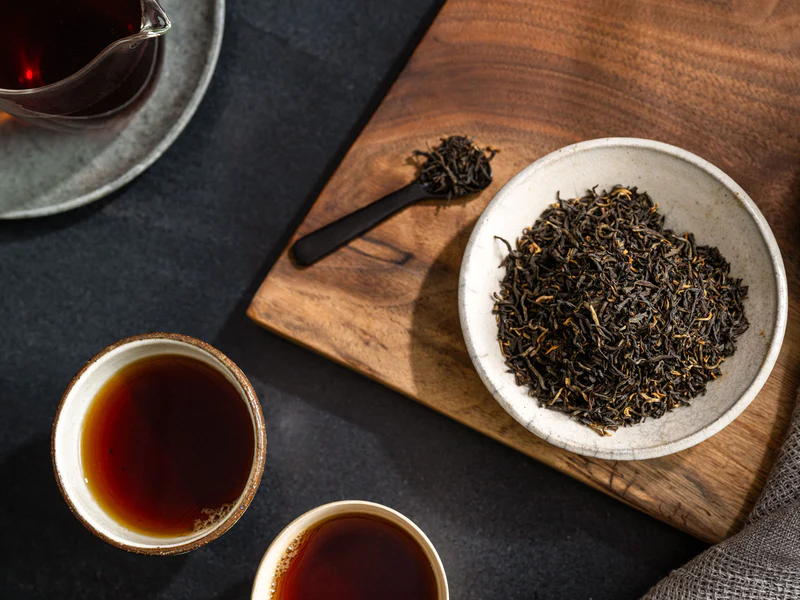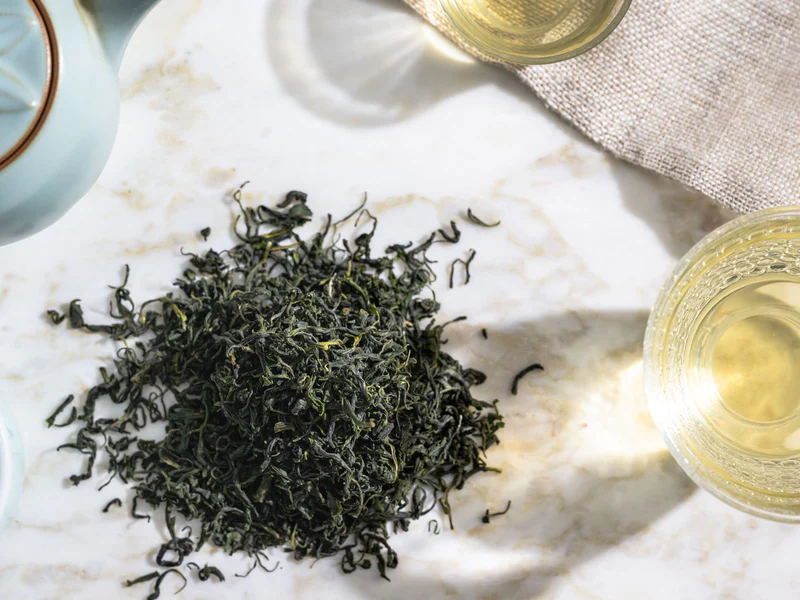
Enshi, Hubei, China
The Enshi region in Hubei, China, holds great historical importance as a producer of organic green tea and its recorded history as a tribute tea producer for the Qing Dynasty Emperor Qianlong, who was a tea lover.


The Enshi region in Hubei, China, holds great historical importance as a producer of organic green tea and its recorded history as a tribute tea producer for the Qing Dynasty Emperor Qianlong, who was a tea lover.


The Enshi region in Hubei, China, holds great historical importance as a producer of organic green tea and its recorded history as a tribute tea producer for the Qing Dynasty Emperor Qianlong, who was a tea lover. Enshi's tea culture and its association with tribute tea were influenced by the region's remote and mountainous terroir, and the presence of isolated Taoist monasteries in the surrounding forests. Famous teas such a jade dew , green pine needles and local indigenous tea bush cultivars make the green teas of this region very special .
Enshi is located in southwestern Hubei, in the central part of China. The region's unique geographical location, surrounded by mountains, contributes to its remote and isolated nature. This isolation has played a significant role in preserving Enshi's tea culture and maintaining the purity of its tea production.
Enshi's tea plants benefit from the selenium-rich soils found in the region. Selenium is a trace element that enhances the nutritional value and taste of tea. The presence of selenium in Enshi's soils enriches the tea leaves, resulting in teas with unique flavor profiles and health benefits.
The remote and mountainous terroir of Enshi also contributes to the special quality of its green tea. The high altitude, cool climate, and misty conditions create a favorable microclimate for tea cultivation. These environmental factors, combined with the unique geological characteristics of the region, result in tea plants with outstanding flavor, aroma, and beneficial compounds.
The presence of isolated Taoist monasteries in the surrounding forests has played a crucial role in shaping Enshi's tea culture. The monasteries, secluded in the mountains, have embraced the principles of balance, harmony with nature, and natural cultivation methods, which are central to Taoist philosophy. These principles have been incorporated into the tea cultivation practices of Enshi, contributing to the production of high-quality teas.
The Taoist monasteries served as cultural hubs where scholars, tea masters, and enthusiasts gathered to exchange knowledge and techniques. This exchange of expertise has greatly contributed to the refinement and advancement of tea production in Enshi. The monasteries also provided a serene and peaceful environment for tea ceremonies and meditation, further enriching the tea culture of the region.
